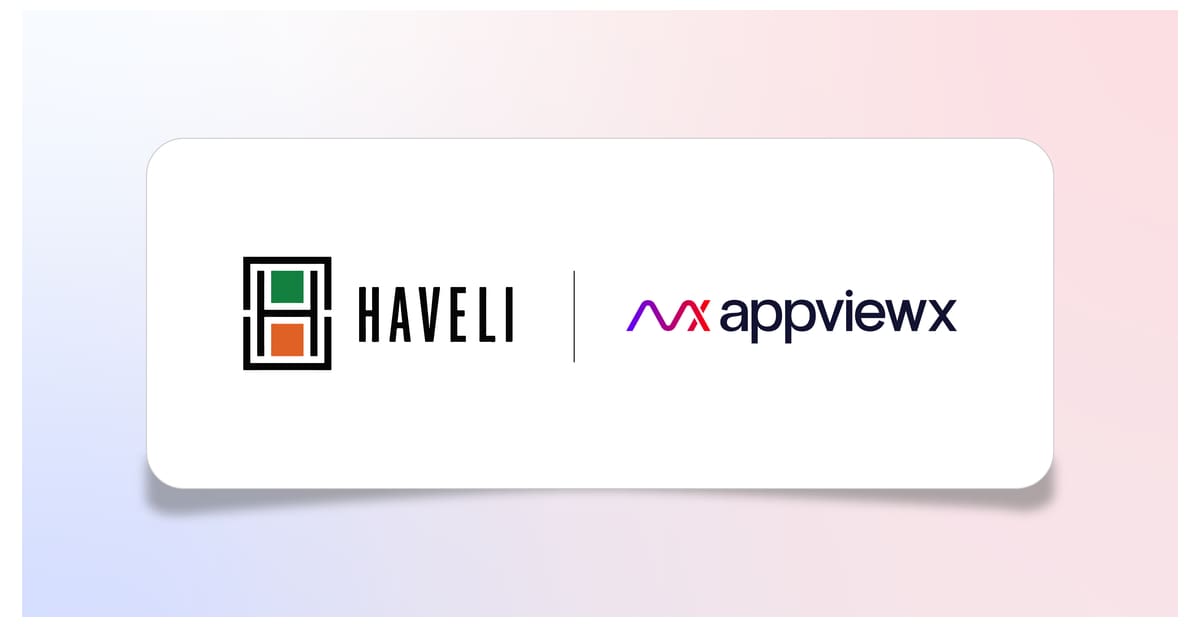Alison Prout, ESG transformation specialist at Agilitas Private Equity, gives her perspective on the next 12 months.
What is your first priority for H1 2025 from a sustainability perspective? What will count as a success?
The priority for H1 is to continue harnessing the potential of private equity to create a sustainable, positive impact on society and the environment. Agilitas works with talented managers to implement transformation initiatives and deliver sustainable growth and positive impact. In H1 2025, Agilitas will work with portfolio companies to report on their 2024 positive impact. Agilitas values the collection and publication of meaningful ESG data, recognising that best-in-class disclosure practices contribute to better stewardship and accountability.
Agilitas has made strides in enhancing its ability to quantify and assess positive social impact through the bespoke Positive Social Impact Measures (PSIMs) it developed. The PSIMs use data to manage and monitor the social impact of portfolio companies during Agilitas’s stewardship. The PSIMs go beyond focusing on mainstream ESG factors and adverse indicators – they capture wider positive contributions of portfolio companies.
For example, portfolio company Prodieco measures the annual retention rate of employees as a measure of work satisfaction and Frontier Medical Group reports on the vitality index (percentage of sales generated by new products) as a measure of innovation that benefits patients in need of skin and wound care products.
Success has different forms. It includes the ability to capture meaningful insights and leverage them to drive sustainable, positive impact at the portfolio company level. Success is also measured by the PSIMs’s output, which reveals if portfolio companies have been able to meet, or even exceed, their goals. Success is also the collective positive impact of the private equity industry. Agilitas is committed to scaling this success by working together with other private equity firms and contributing to moving the industry forward.
Where have you reached on your portfolio decarbonisation/climate journey? What is next on the to-do list?
At Agilitas, climate-related risks and opportunities have long been integrated into the firm’s overall investment strategy and assessed as part of its ESG due diligence process. This approach reflects Agilitas’s commitment to responsible and sustainable investment practices, and to creating a sustainable and positive impact on people and the planet.
Agilitas recognises the need to adapt operations to achieve Net Zero by 2050 or sooner. As part of this, Agilitas committed to the Net Zero Asset Managers (NZAM) initiative and had its initial targets for its portfolio companies validated in September 2024. Agilitas has committed to have 80 percent of portfolio companies hold validated Science-based Targets for greenhouse gas emission reduction by 2028, and 100 percent by 2030. Agilitas selected the SBT portfolio coverage methodology for its NZAM commitment to ensure that portfolio companies leave Agilitas’s stewardship with an established route to Net Zero.
Having established initial NZAM targets, Agilitas’s focus has now shifted to operationalising these across the portfolio and rolling out actionable strategies to make meaningful progress. For example, the firm is requesting companies without an SBT to set a target within their first year under Agilitas’s stewardship.
Which regulations do you expect to take up most of your time in 2025?
In 2025, the Corporate Sustainability Reporting Directive will likely be a significant focus for Agilitas, given its wide-ranging scope and implications. A core component of Agilitas’s investment process is to identify in due diligence all material ESG risks and opportunities, then address them in detail in the transformation plan of each business. Thus, at the point of closing, the companies already have a firm grasp of their ESG standing. This serves as a strong foundation for undertaking tasks required for CSRD compliance.
To what extent are you able to link specific ESG efforts to value creation in your portfolio companies? Have you made any progress on quantifying this?
Each portfolio company backed by Agilitas addresses a fundamental purpose that answers human and/or planetary needs, and each meets the criterion of alignment between shareholder value creation and positive societal or environmental impact. Through a journey of growth and transformation, investor returns, positive social impact and ESG maturity are increased.
For Exemplar Health Care, a leading UK provider of high-acuity care to individuals living with complex physical and mental needs, this alignment was critical. Agilitas backed management to transform the company to make significant investments in quality of care. This included the implementation of professionalised processes; commercial, operational and forward-looking KPIs; new risk mitigation systems; and increased inspection systems.
As a result, the number of Exemplar care homes with a “Good” or “Outstanding” Care Quality Commission rating doubled during Agilitas’s stewardship. This enabled Exemplar to welcome more patients, in particular patients with more acute needs, and ultimately contributed to improving the lives of many Exemplar service users.
One framework Agilitas leverages is its proprietary Positive Social Impact Measures. Focused on four key areas – growth in scale of impact, quality of beneficial products and services provided, development of people in the workforce, and level of innovation in new products and services – the PSIMs assign tailored KPIs relevant to each company’s social contributions.
Baseline performance is determined during due diligence, with five-year stretching but achievable targets set for each measure. Annual standardised scoring (0 to 100) evaluates progress, providing clear insights into individual and aggregate portfolio performance.
The PSIMs are aimed at ambitiously increasing the social impact of portfolio companies, ensuring accountability and tracking meaningful progress in increasing impact across Agilitas’s portfolio. Agilitas embeds the PSIMs into the transformation plans for each company, ensuring that top-line growth and positive social impact are aligned.
For Learning Curve Group (LCG), a further education and training specialist, the PSIM targets were as follows: growth: number of learners supported per annum; quality: percentage of outstanding ratings; people: total number of internal trainee tutors recruited; and innovation: number of cumulative new courses produced.




